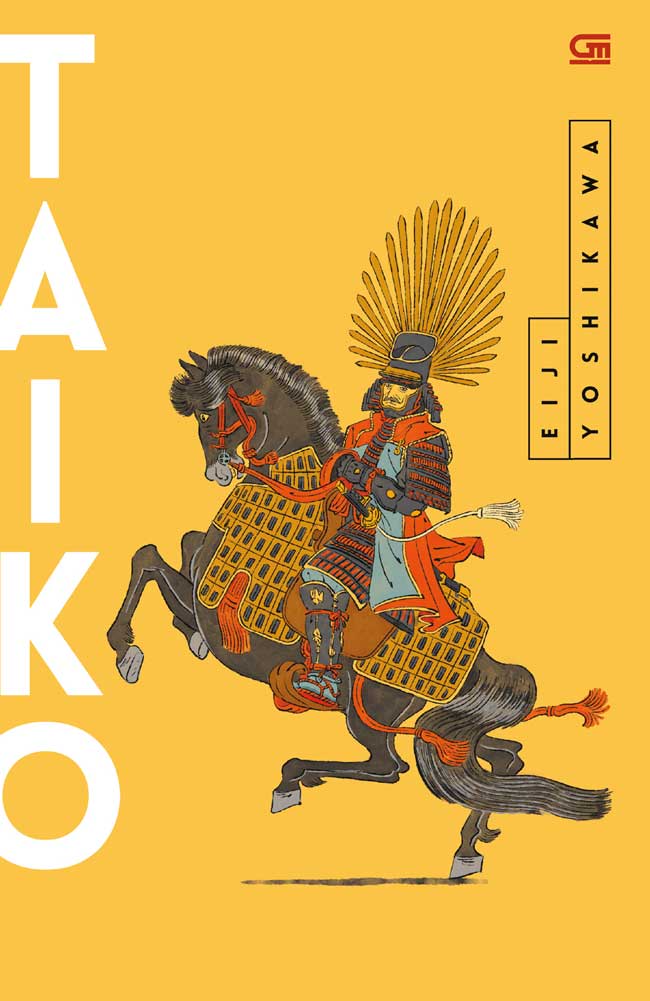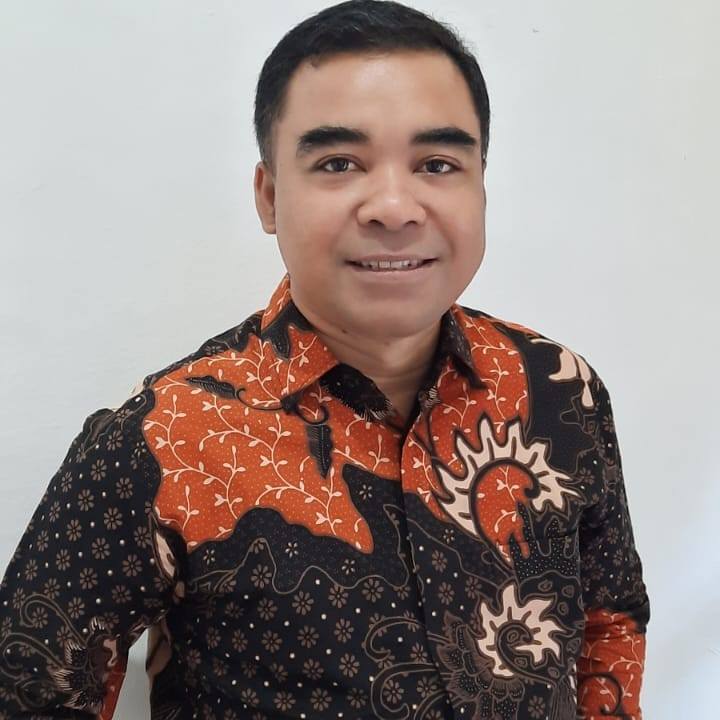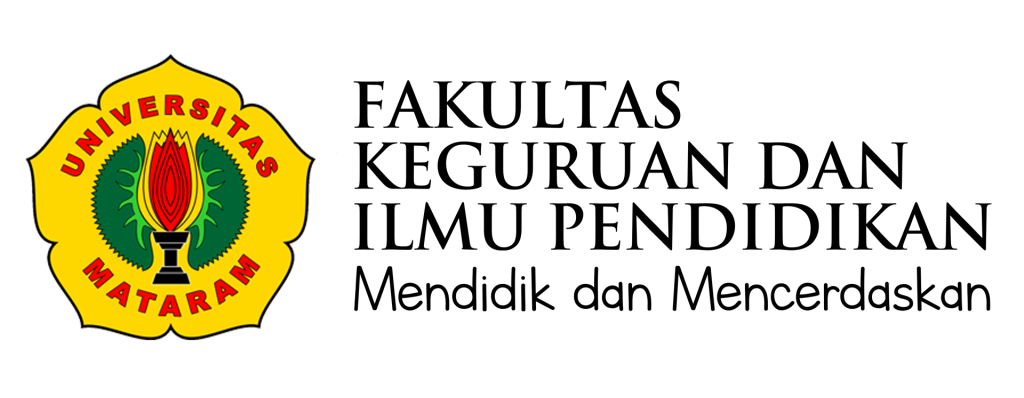

Author: Dr. Johan Mahyudi, M.Pd.
The earliest pages of Eiji Yoshikawa's novel Taiko contain a map of imperial Japan in the 16th century, a model for calculating day-night time according to traditional Japanese clocks and an important account of the philosophies of three commanders who all wanted to unite Japan, but differed on how to do so. Their different philosophies were long ago immortalized by the Japanese in a rhyme known to every schoolchild in Japan.
The rhyme reads:
What if a bird won't sing?
Nobunaga replied, "Kill it!"
Hideyoshi replied, "Make the bird want to chirp."
leyasu replied, "Wait."
The novel The History of Taiko is about a man who makes the bird want to sing.
Despite being 1144 pages thick in Indonesian Latin, and four times as thick in Hiragana, Katakana and Kanji, Taiko is a pleasure to read. Yoshikawa not only manages to go into great depth about the techniques and emotions of each battlefield fight, but also skillfully, set at a very slow pace to unravel the consequences of each person's chosen philosophy of life. Nobunaga, a rash, decisive, brutal commander, accepted his defeat and death while the war was still raging. Hideyoshi, a simple, subtle, clever, and complex commander, managed to become the Taiko, the absolute ruler of the entire Japanese empire; then Ieyasu, always calm, patient, and calculating, managed to maintain his existence in the shadow of the Taiko.
The story of Taiko, and the other two warlords, can be enjoyed not only through Yoshikawa's narrative, but is spread across a number of storybooks, and even comics, as well as movies, all of which are accessible to school children in Japan, in the form of a free book program that schools use as material in their curriculum.
Indonesia, like Japan, is also a nation that has many role models from the past, and there are many philosophies of life that can be learned from their lives. However, in the Indonesian context, philosophy seems to stop at discussing the concept of Pancasila as the basis of the state, Bhinneka Tunggal Ika to remind the importance of maintaining unity in the midst of religious, ethnic and linguistic diversity. Then in the world of education, there is the philosophy of Ing ngarsa sung tuladha, ing madya mangun karsa, tut wuri handayani. However, this idealized concept, along with other idealized concepts that have been taught in school, must be transformed into the real world.
Who is the figure from the past whose life was once truly lived to enjoy Unity in Diversity? This is perhaps the earliest example of questions that should be asked to give birth to books that will eventually make school children more able to understand the philosophy. Wouldn't it be better if the philosophy was finally known to be driven by the heoric experiences of exemplary figures from the archipelago?
Indonesian literacy, which has always ranked at the bottom, has always been a tempting fact to build a tower of accusations against a number of parties. But for what? Many accusations have been made and the accusers seem unmoved. Therefore, on this day of the book, in plain language, it is necessary to offer an unremarkable conclusion. If Japan is often listed as a top five country in literacy because its government provides a variety of interesting reading books in schools, the Indonesian government can do the same.
Children in schools cannot be encouraged to read while the availability of reading books is limited. In Japan, reading books are the subject matter, and in Indonesia, teachers should not only teach what is in the textbooks. If in Japan, reading places are easily accessible and books are affordable, why can't Indonesia? It can be done, if it is intended, and all institutions related to bookkeeping do not wait for each other, or save their good programs for later that no longer need to be waited for.
If in Japan they publish a lot of translated books, why not in Indonesia? Through translated books, Indonesians can quickly get to know the world, through thousands of fascinating stories. Understanding the philosophies of various parts of the world will ultimately encourage the Indonesian generation to become more sensitive to the life of the global community. Isn't that a way to better participate in maintaining lasting peace? Isn't that already Pancasialist?
And one more thing, if in Japan, on book day, the government distributes free books, why can't Indonesia?

